With its pop-up headlights, the Porsche 924 is an iconic looking sports car known for being the first front-engine model produced by Porsche. When considering a purchase, it is important to understand the development history and the various model variations available. The 924 features a unique transaxle layout, with the gearbox located at the rear to improve weight distribution and handling. Engine refinements were made throughout the car's production to enhance performance and reliability.
The significance of the Porsche 924 lies in its role as a ground breaking model for Porsche, as well as the transitions between different models in the 1980s, such as the 924 Turbo and the 924S.
When evaluating a potential purchase, buyers should consider the value trend of the Porsche 924 and look for potential investment opportunities. As with any classic car, it's important to consider factors such as maintenance, condition, and rarity when determining the potential for a return on investment. With its historical significance and unique design features, the Porsche 924 presents an interesting opportunity for collectors and enthusiasts alike.
Porsche 924 2.0 Litre
The Porsche 924, introduced in 1976, marked a significant departure for the renowned German automaker. Initially offered as a left hand drive 4-speed manual or 3-speed automatic gearbox, it was their first front engine vehicle and the first time they'd used something other than air to cool an engine! Powered by a 2.0-litre front-mounted 4-cylinder engine, the entry-level Porsche was designed to be a more affordable alternative to the high-performance models in the company's fleet. With it's 2+2 configuration, it can comfortably transport a young family of two adults with two children in the rear seats. Depending upon how often your adult passengers attend their yoga classes, there's plenty of comfort in the rear for a an hour.

Over the years, the 924 underwent various transformations, including the introduction of right hand drive versions in 1977, 5-speed manual gearboxes (early versions had a dog-leg first gear), electronic ignition, electric windows, electrically adjustable mirrors and sunroof, electric boot release, tinted windows and windscreen, zinc coated body work, rear spoiler and improvements to the cabin ventilation. Turbo charged versions first appeared in 1979 and in 1980 the Carrera GT. By the time production ceased in 1985, in excess of 120,000 vehicles had been built .
Today, the 924 and 924 Turbo are sought after by collectors for their unique place in Porsche's history as well as their driving dynamics and potential for appreciation. The 924 Turbo, in particular, is highly coveted for its rarity and performance capabilities (as only about 12,000 were built).
The 924S offers a blend of 924 heritage and an enhanced powertrain from the 944 but we'll cover that in more detail in our separate Porsche 944 buyer's guide.
Regardless of the specific iteration, the Porsche 924 remains a significant chapter in the brand's evolution and a desirable collectible for enthusiasts.
924 Martini Edition
The 924 Martini Edition was a special version of the Porsche 924 that was produced during the 1977 model year (December 1976 to March 1977). It was Porsche's tribute to their racing successes the season earlier with the the 935 & 936. It featured a unique Martini Racing-inspired colour scheme, with a white exterior and Martini Racing stripes. The interior was also custom-designed with special Martini Racing details, such as unique upholstery and trim. Each car came with a commemorative plaque to mark its limited (3000 unit) production run.
The Martini Edition also included optional extras such as a limited-slip differential, sport seats, and a sports steering wheel, setting it apart from the standard 924 models. The unique paint scheme and special equipment made the Martini Edition a distinctive and coveted version of the 924.
Overall, the 924 Martini Edition was a special offering from Porsche, with its special colour scheme and commemorative plaque, as well as unique paint detailing and custom interior elements, making it a standout choice for collectors and enthusiasts.
924 Le Mans Edition
Introduced in 1980 to commemorate their track successes, the 924 Le Mans Edition was a special version of the Porsche 924, featuring a unique Alpine White paint colour with a distinctive decal kit showcasing the Le Mans racing heritage. Under factory option code M426, there were only 1030 built with the right hand drive version being a real rarity - only 100 were built! It was equipped with special lightweight alloy wheels, giving it a sporty and aggressive look. The interior of the 924 Le Mans Edition boasted luxurious leather seats and additional trim details to add to the overall premium feel of the car.
Optional equipment for this edition included features such as a sunroof, air conditioning, and a high-performance audio system, allowing buyers to further customize their 924 Le Mans Edition to their personal preferences.
Overall, the 924 Le Mans Edition stood out with its unique exterior design elements, high-quality interior finish, and the option to enhance the driving experience with additional equipment.
924 Turbo
First introduced in 1979, the Porsche 924 Turbo is a high-performance version of the 924 model, featuring a turbocharged engine that delivers impressive power and acceleration. The turbocharged 2.0-litre four-cylinder engine produces around 170 horsepower, a significant increase from the base model. This allowed the 924 Turbo to accelerate from 0 to 60 mph in just over 7 seconds, making it a swift and thrilling driving experience.
Improvements to the engine, Turbo cooling system and the transmission saw the 924 Turbo Series 2 launch in 1981 with 177 horses under the hood.
In addition to its impressive performance, the 924 Turbo also comes with a range of features and unique design elements. These included special Turbo badging, upgraded suspension and brakes, and a distinctive body kit that enhances aerodynamics and aesthetics. Inside, it boasted premium trims and a leather-wrapped steering wheel.
In terms of market value, the 924 Turbo is sought after by enthusiasts and collectors who appreciate its turbocharged power, agile handling, and iconic Porsche design. As a result, well-maintained examples of the 924 Turbo can command a premium price on the used car market. Overall, the 924 Turbo is a desirable and engaging sports car that offers a thrilling driving experience and timeless appeal.
Carrera GT
The Carrera GT is a limited production, high-performance sports car produced by Porsche. Its sleek styling and handcrafted construction make it a highly sought-after collector's item. The Carrera GT was produced in a limited quantity, making it a rare find for enthusiasts. First offered in June 1980, a total of 400 were built with only 75 of them made available to the UK market. It was a track intended intercooled beast with weight loss in mind - front wings and rear arch extensions were plastic! The Turbo engine had been encourages to develop 210HP.
The car was available in a variety of colours, including the iconic GT Silver Metallic as well as custom paint colour options for a truly customized look.
One significant aspect of the Carrera GT is its compliance with homologation regulations, which allowed the car to be used in motorsport events. This also opened up the option for body kit conversions, further enhancing its appeal to performance enthusiasts.
The Carrera GT is known for its racing pedigree, advanced technology, and iconic design. This is what has made it such a collectors item. Original Carrera GTs are highly sought after and can fetch high prices on the market. For those unable to obtain an original, replicas are available with varying quality and prices.
Driving a Porsche 924 - What is it like?
The Porsche 924 offers a thrilling driving experience with its impressive performance and excellent handling. Compared to other cars of its era, the 924 delivers a balance of power and agility, making it a joy to drive on both city streets and winding roads. The practicality of the 924 is also worth noting, as it provides a comfortable ride without sacrificing its sporty feel.
Inside the cabin, the Porsche 924 offers ample space for both driver and passengers, making it suitable for longer journeys. The steering response is sharp and precise, allowing for a more engaging driving experience. The gearbox options available for the 924 further enhance its performance, providing smooth and responsive shifting.
Overall, the Porsche 924 provides a well-rounded driving experience, combining performance, handling, and practicality in a way that sets it apart from other cars of its time.
What are the costs associated with running a 924?
The ongoing maintenance costs associated with owning a 924 include regular oil and filter changes, brake fluid replacements, spark plug replacements, and brake pad and front disc replacements. These routine maintenance tasks are necessary to ensure the longevity and performance of the vehicle. Additionally, owners should budget for potential costs such as engine rebuilds, turbocharger replacement, and suspension overhauls. These larger repairs are less frequent but should be considered when budgeting for the overall cost of ownership. Engine rebuilds may be necessary after a certain mileage or in the event of mechanical issues, while turbocharger replacement and suspension overhauls may be required as the vehicle ages and components wear out. It's important for owners to factor in these potential costs in order to properly maintain their 924 and address any necessary repairs in a timely manner.
How difficult is it to maintain or restore a 924?
Restoring a Porsche 924 can be a challenging and time-consuming endeavour. With its unique design and engineering, finding original parts and experienced technicians isn't too difficult. The car's age and availability of components also add to the restoration process. Despite these challenges, dedicated enthusiasts and professionals are able to restore these classic vehicles to their former glory through meticulous research, resourcefulness, and patience. The good news is that 924 parts are readily available and the technology on a 924 is "simple" by todays standards. The K-Jetronic fuel injection system is more of a mechanical system rather than a network of electronic black boxes. Most of your electrical issues can be resolved with an old fashioned test bulb! There really is no need for a fault code reader and you won't find a diagnostics port. The simplicity of the car and it's engine is one of it's biggest attractions.
Bodywork
When inspecting the bodywork of a Porsche 924, it is important to thoroughly check for any potential rust or damage. Begin by examining the front valance and nose for stone chips and any evidence of paintwork, as this can indicate previous repairs or damage. Look for any signs of dents or previous filler work on both sides of the car, as these can be indicators of past accidents or damage.
Additionally, it is essential to inspect the chassis legs in the boot and at the front of the car for any evidence of impact or creasing. These areas are prone to damage in the event of a collision and can be a crucial factor in determining the overall condition of the vehicle.
By conducting a detailed inspection of the bodywork, including checking for rust, damage, and evidence of previous repairs, potential issues can be identified early on. This can help ensure that the Porsche 924 is in good condition and free from any significant bodywork-related issues.
Engine, transmission & gearbox
The maintenance tasks for the engine of the Porsche 924 include regular oil changes, checking oil pressure to ensure proper lubrication. At the time of writing, an engine service and filter kit costs less than £45 + the cost of your fluids. We'd recommend replacing the timing belt every 3-4 years to prevent potential engine damage. Cam and timing belt kits aren't expensive! Coolant leaks can also occur, so it's important to regularly check for any signs of leakage and address any issues promptly to prevent overheating. High mileage water pumps do lose their effectiveness but they're sensibly packaged in the engine bay and can be swapped with basic tools.
As for the transmission, the Porsche 924 was available with a manual gearbox or an optional 3 speed automatic transmission. The manual gearbox is known for its longevity and durability, but may require regular clutch adjustments and fluid changes. An original equipment Sachs 924 clutch kit retails at less than £200. Expect to pay considerably more for a 924 Turbo clutch kit.
Automatic transmissions in the Porsche 924 can be prone to issues such as slipping, harsh shifting, or fluid leaks, so it's important to have them inspected and serviced as needed to ensure smooth operation.
Overall, regular maintenance and timely attention to any potential issues are essential for keeping the engine and transmission of the Porsche 924 in top condition.
Steering, suspension and brakes
When conducting maintenance on the suspension, steering, and brakes, it is important to inspect for any signs of leaks, play, or wear. For the suspension, ensure that all bolts, bushings, and joints are secure and free of excessive play. Check for any fluid leaks from the shock absorbers or struts. When inspecting the steering system, pay close attention to the universal joints and linkage for any signs of wear or play. Additionally, check for leaks in the power steering system and ensure that the fluid level is adequate. Finally, when evaluating the brakes, look for any signs of wear on the pads and discs. Check the brake fluid level and inspect for any potential leaks in the brake lines or fittings. It is important to conduct regular maintenance on the suspension, steering, and brakes to ensure the longevity and proper functioning of these crucial components.
Interior, trim and electrics
The Porsche 924 commonly experiences interior problems such as cracked or worn seats, and dashboard cracks due to age and sun exposure. Additionally, trim issues can arise with loose or damaged switches and knobs. In terms of electrical faults, the 924 may encounter issues with malfunctioning electric windows, faulty gauges, and other electrical components.
To address these problems, Porsche enthusiasts can find repairs or replacements for interior, trim, and electrical components through various channels. Porsche dealerships often carry original replacement parts, though they may be costly. Alternatively, aftermarket suppliers and specialty Porsche parts shops offer a wide range of interior and electrical components for the 924 at more affordable prices. Online marketplaces and forums dedicated to Porsche owners and enthusiasts are also good sources for used or refurbished parts.
For specific issues such as seat repairs or dashboard cracks, upholstery shops and auto restoration specialists can provide professional services to restore or replace worn or damaged interior components. These professionals often have the expertise and resources to address trim and electrical faults as well. Whether seeking new or used parts, Porsche owners have several options for addressing interior, trim, and electrical problems in the 924.
Porsche 924 values
The price points for Porsche 924 models vary based on the condition and features of the car. A usable Porsche 924 can start at around $5,000 to $8,000. These cars may have higher mileage and show signs of wear, but are still in working condition. Smarter 924s, in better condition with lower mileage and well-maintained features, can range from $10,000 to $15,000.
The Porsche 924 S, which offers more power and improved performance, can be found in the price range of $15,000 to $20,000. For those interested in a turbocharged version, the Porsche 924 Turbo typically costs between $20,000 to $30,000, depending on its condition and features. The Carrera GT, a rare and highly sought-after model, can fetch prices upwards of $40,000 to $50,000 or more, depending on its condition and rarity.
These prices are based on the current market trends and can fluctuate based on the specific condition, mileage, and features of each individual Porsche 924 model.
Porsche 924: our opinion and verdict
The Porsche 924 offers a unique driving experience compared to other sports cars of its time. Its handling is precise and responsive, with a well-balanced chassis that provides a thrilling driving experience. The interior features in the 924 are also noteworthy, with comfortable seating and a driver-focused layout. The cabin is ergonomically designed and offers good visibility, making it a practical choice for day-to-day driving.
One of the unique aspects of the 924 is its steering, which is well-weighted and provides excellent feedback, giving the driver a strong sense of control. Additionally, the 924 offers impressive luggage space for a sports car, making it a practical choice for longer journeys or daily use.
Overall, the Porsche 924 stands out for its combination of driving dynamics, interior comfort, and practicality, making it a compelling choice in the sports car market during its time. Its unique cabin features, responsive steering, and impressive luggage space set it apart from other sports cars of its era.

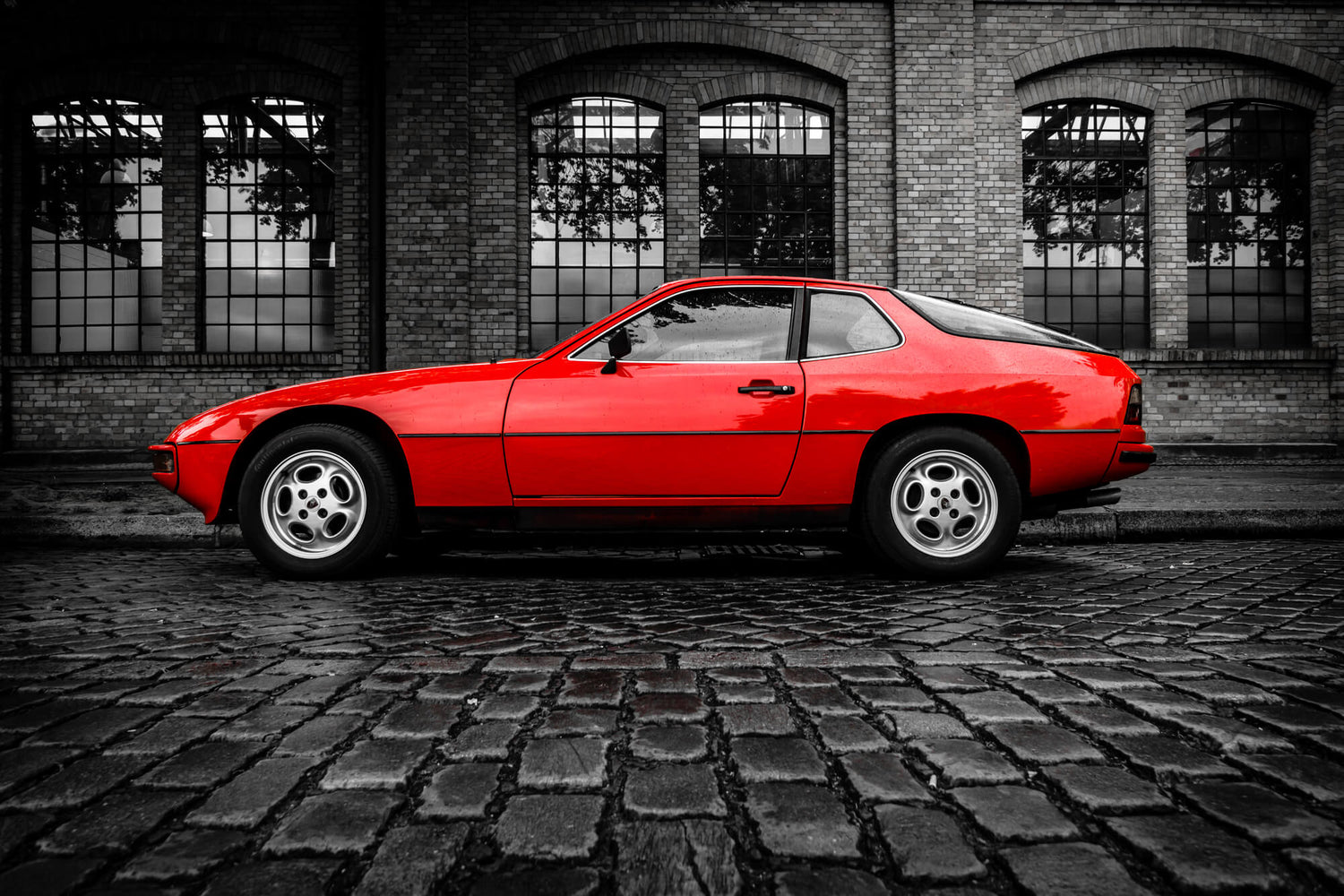
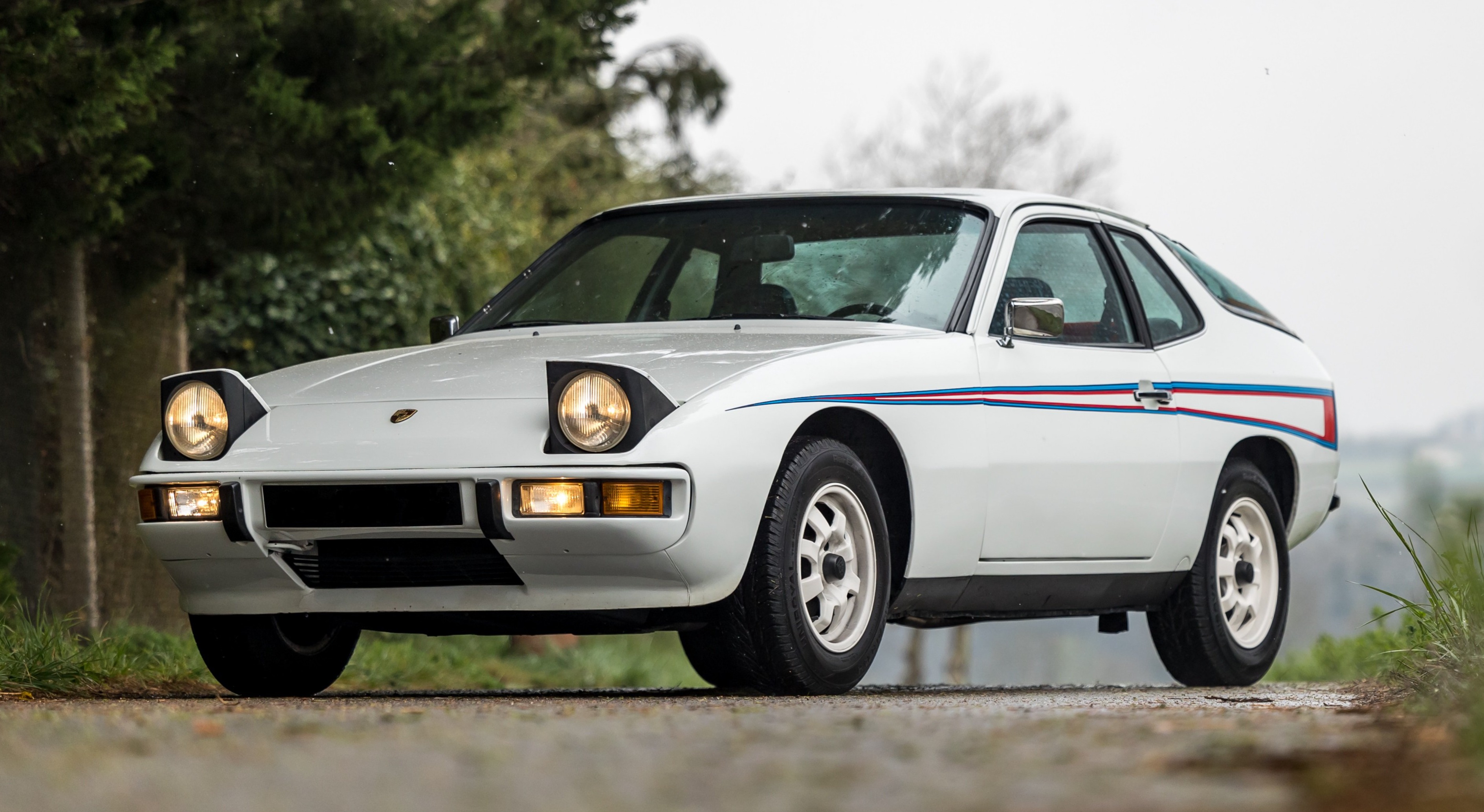
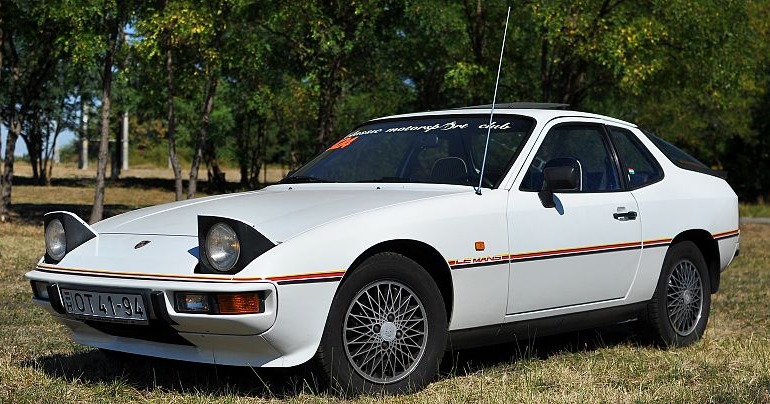
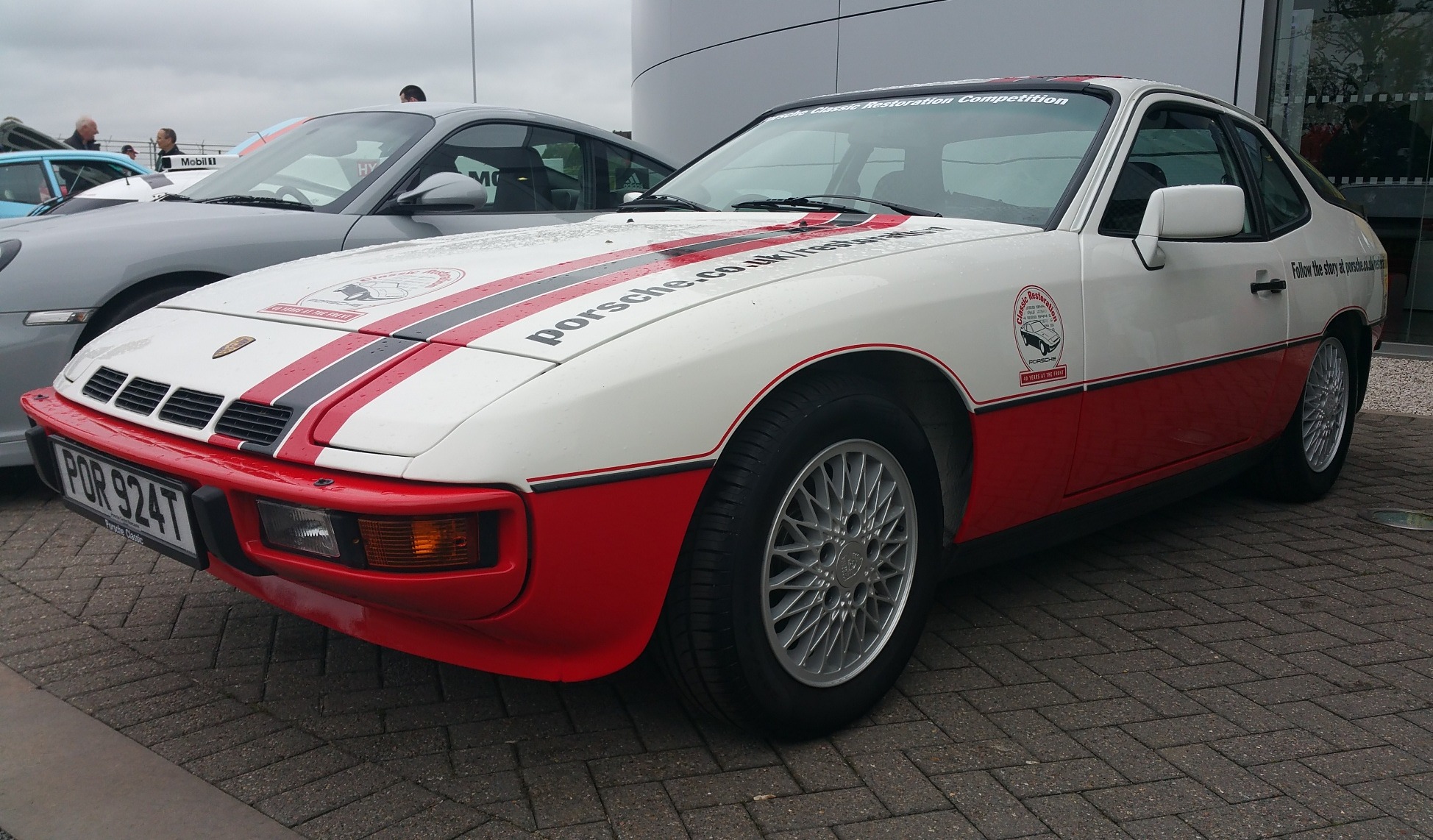
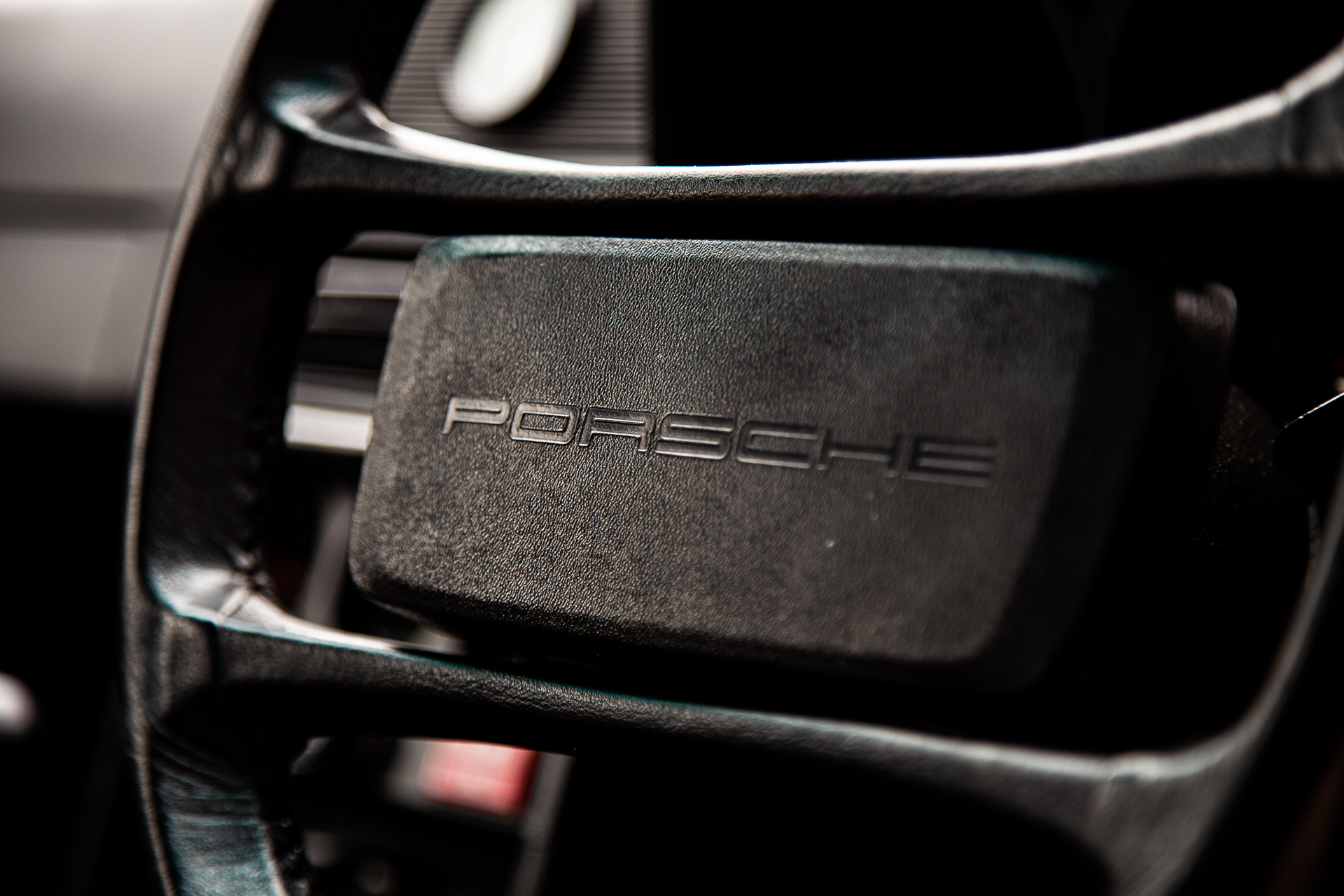
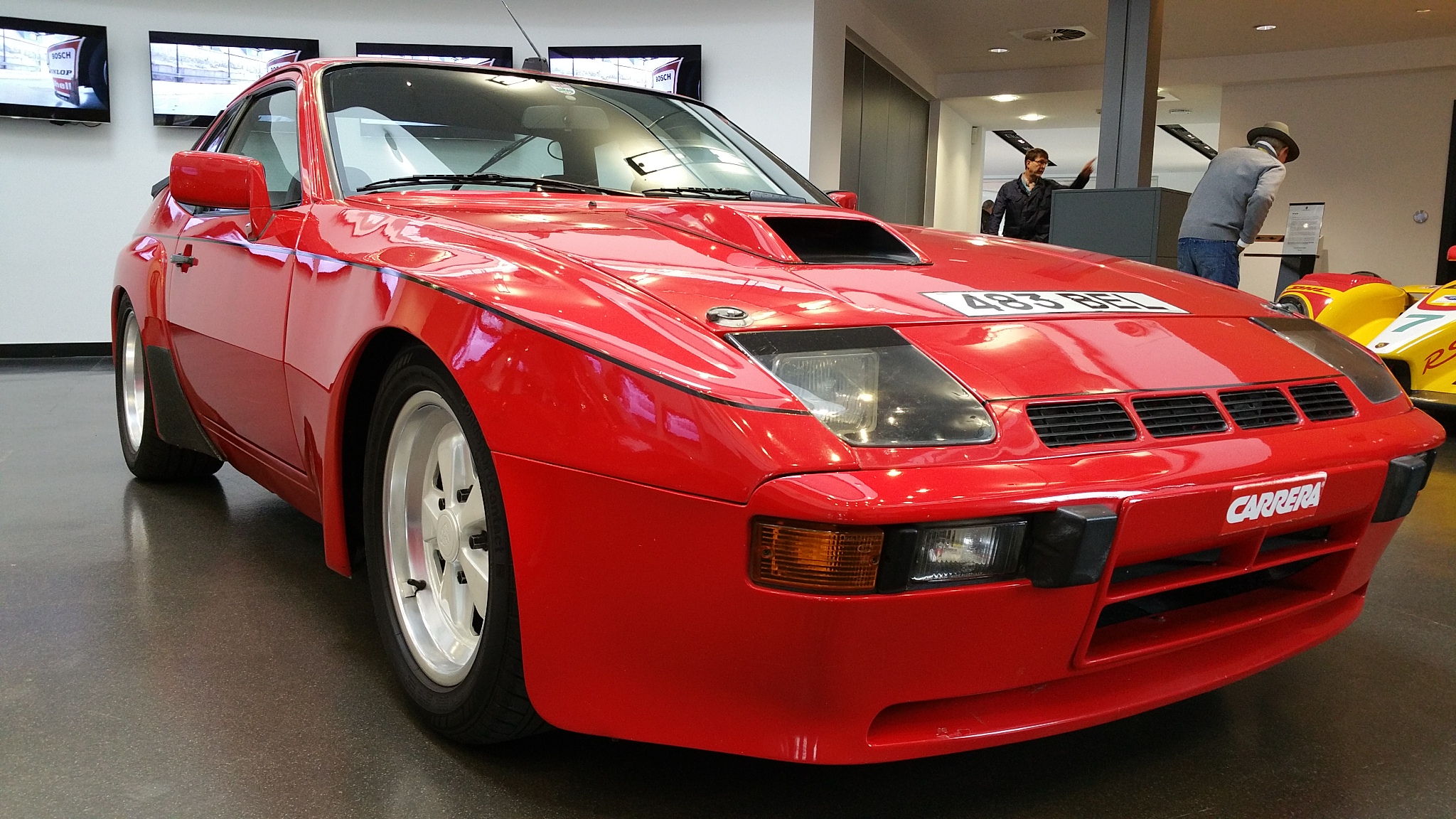
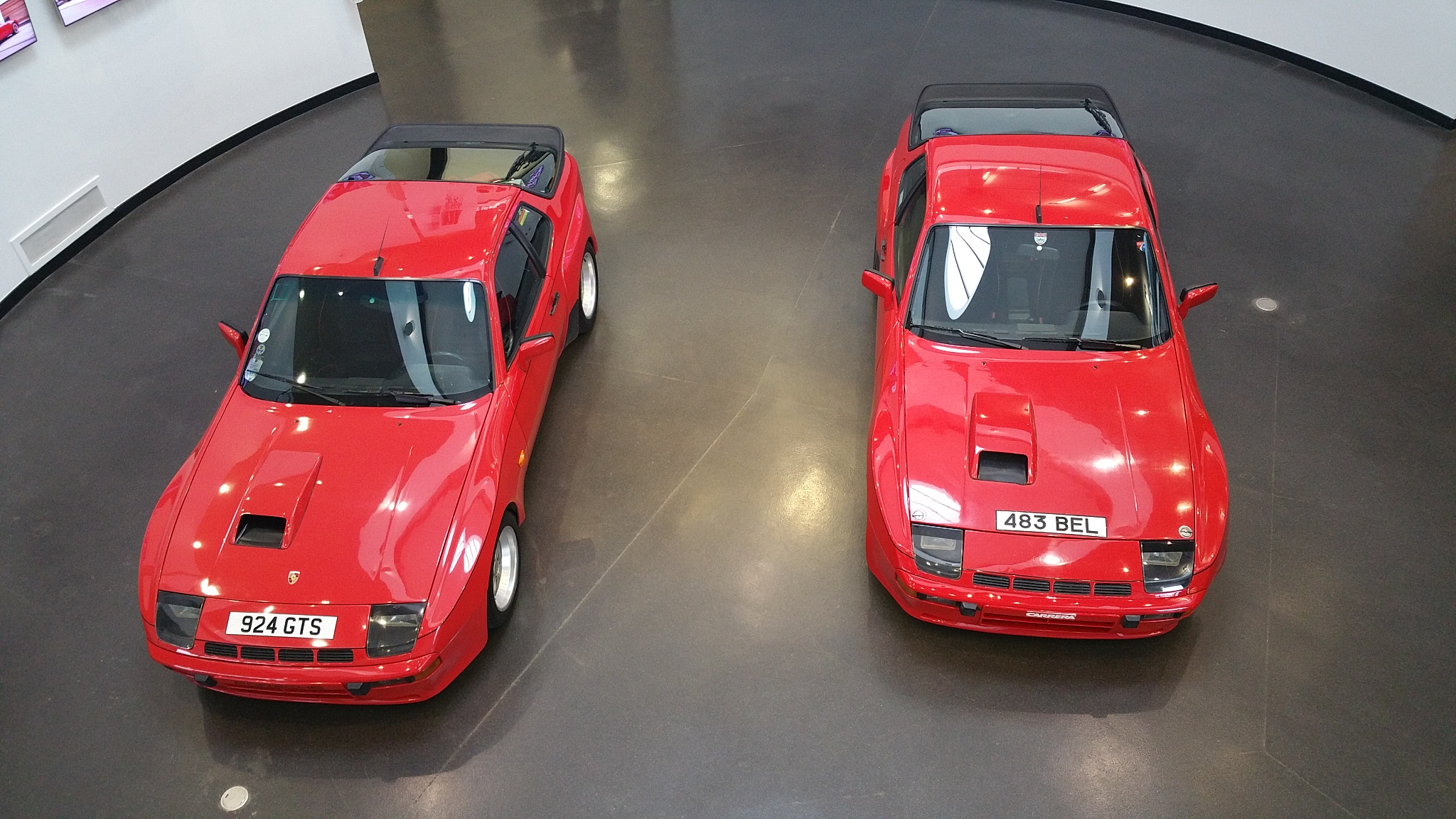
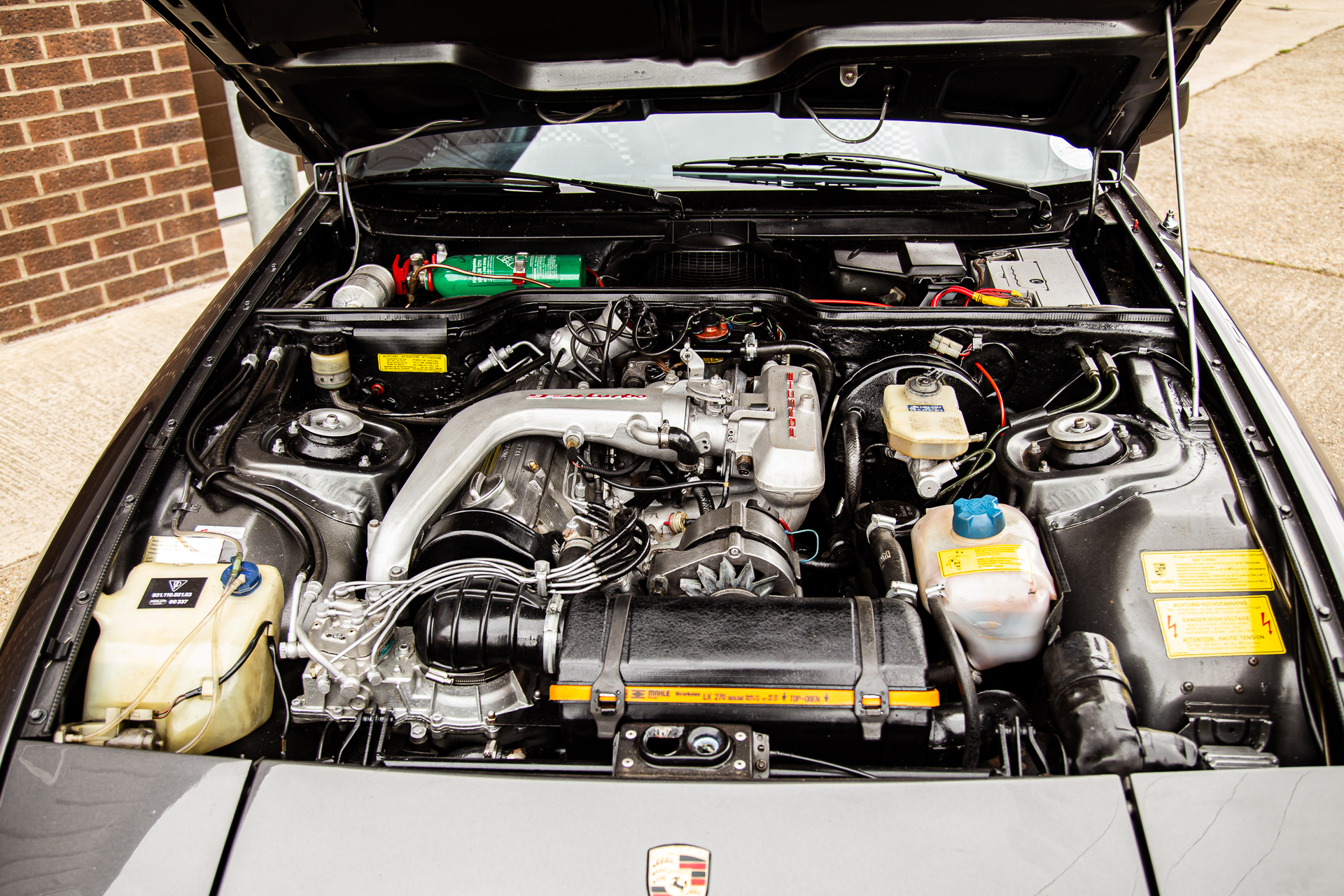

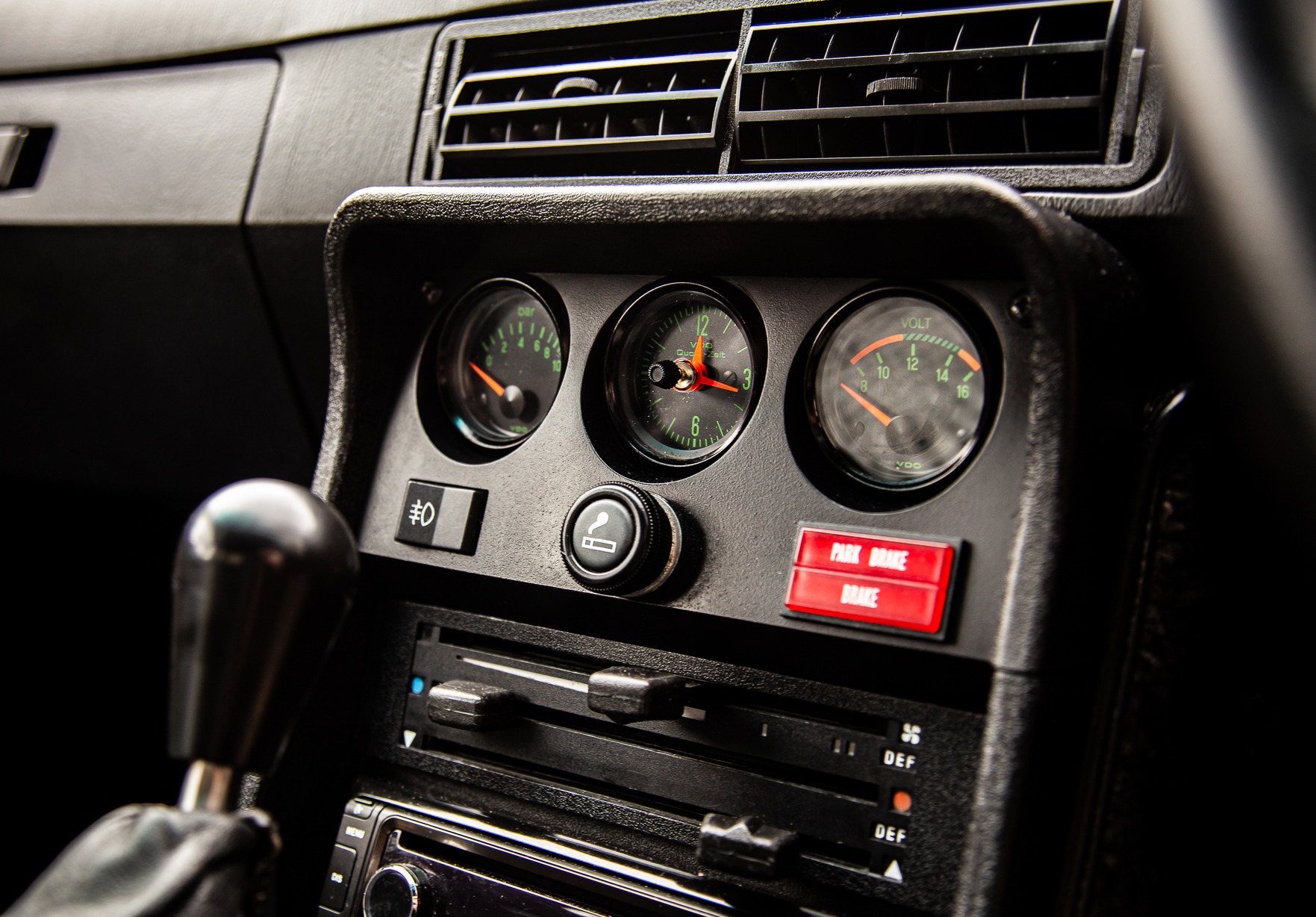
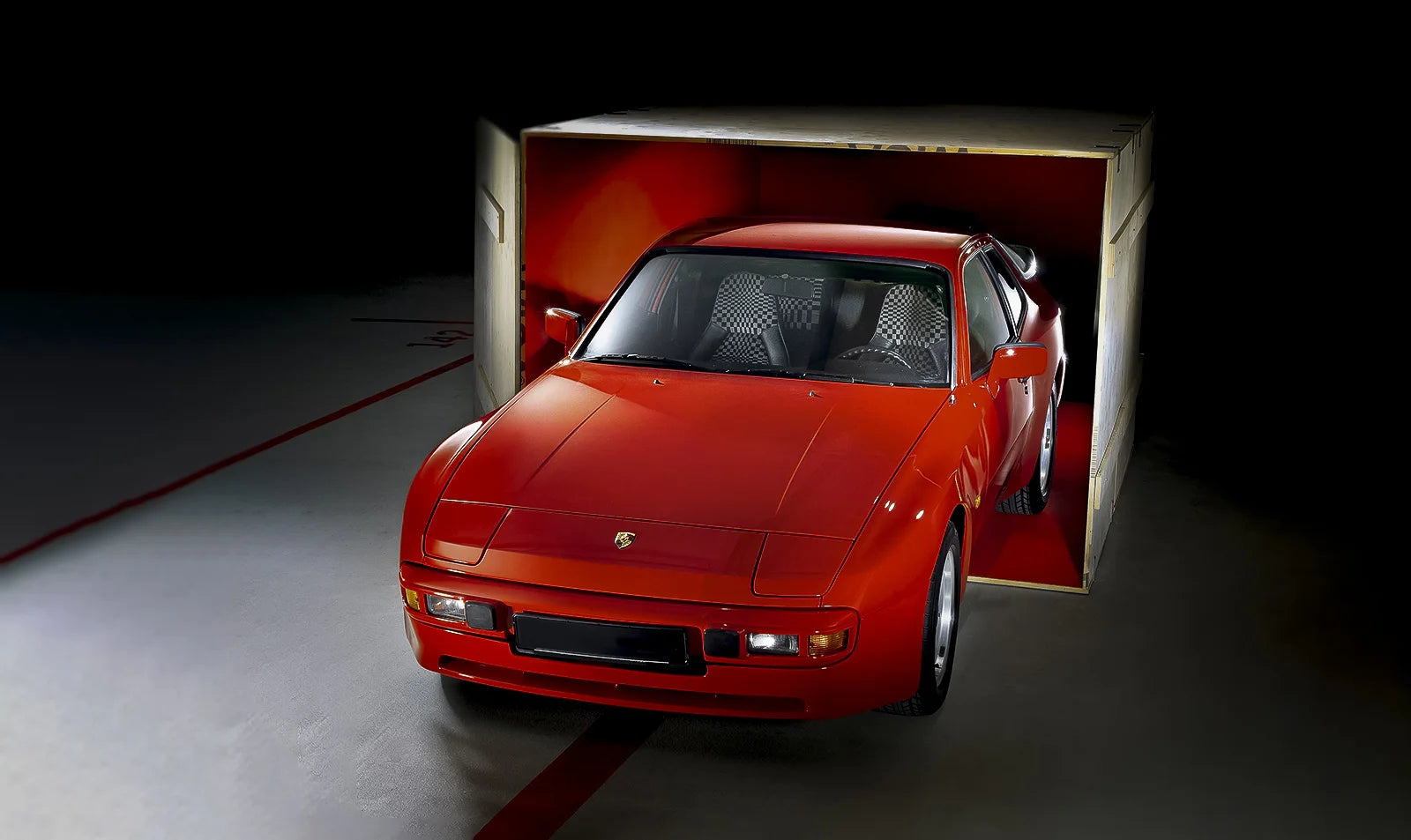
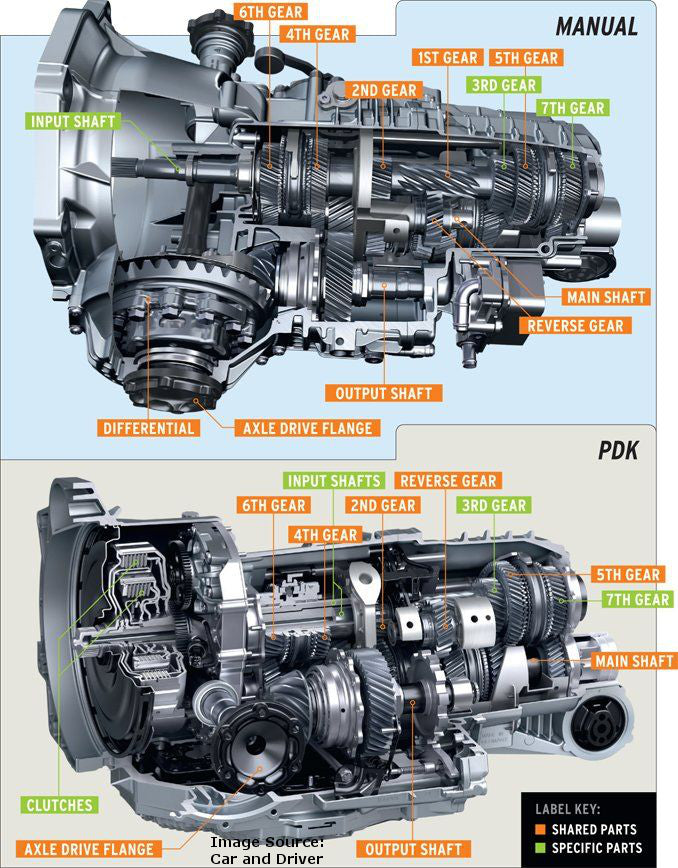
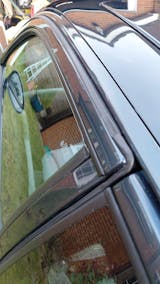
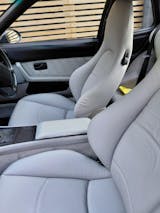

1 Kommentar
Zieleznik
A very good summary of 924 model and I particularly like the maintenance remarks.
BTW, I’m the owner of 924S (1986) since 1995.
A very good summary of 924 model and I particularly like the maintenance remarks.
BTW, I’m the owner of 924S (1986) since 1995.